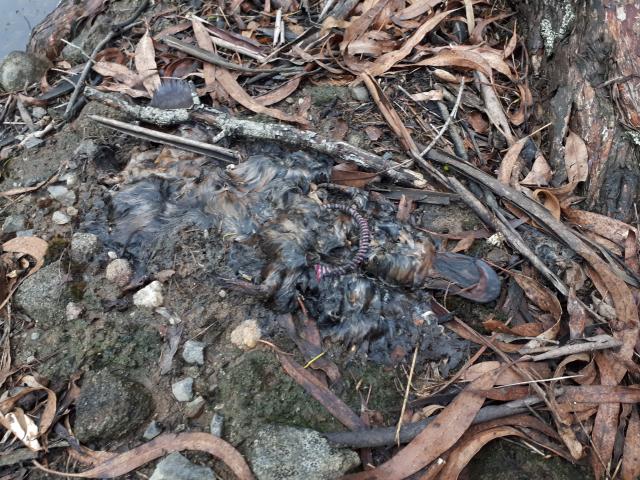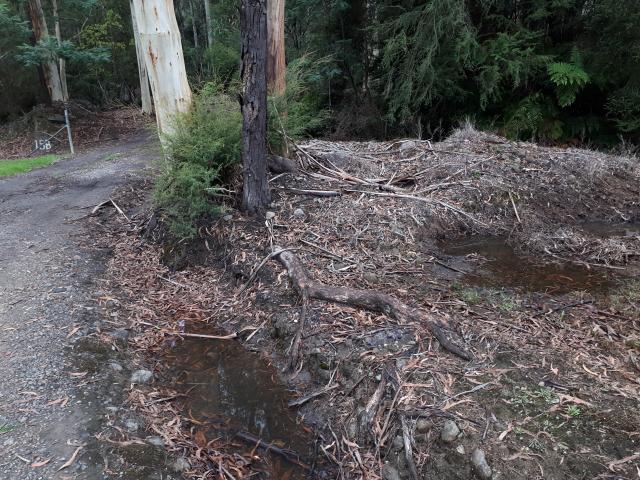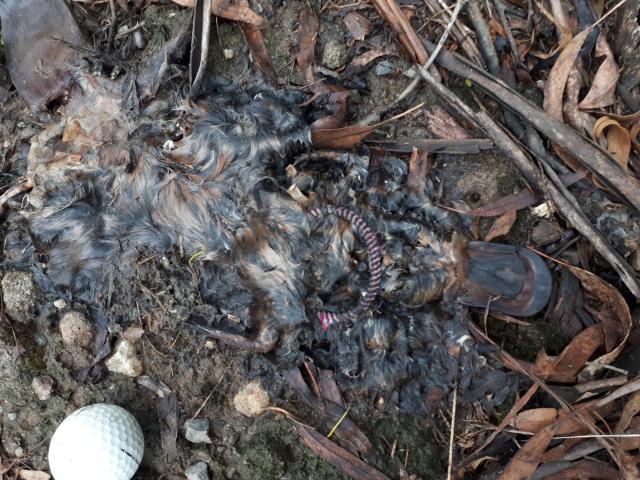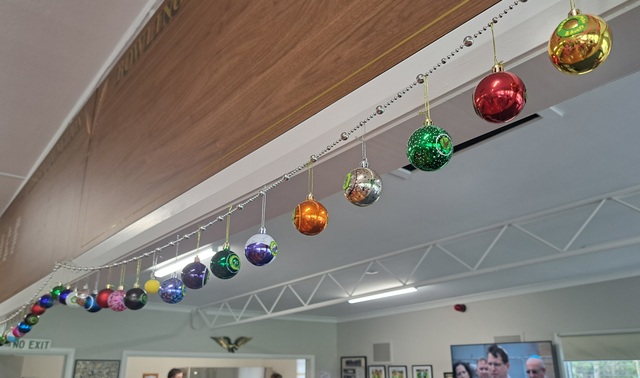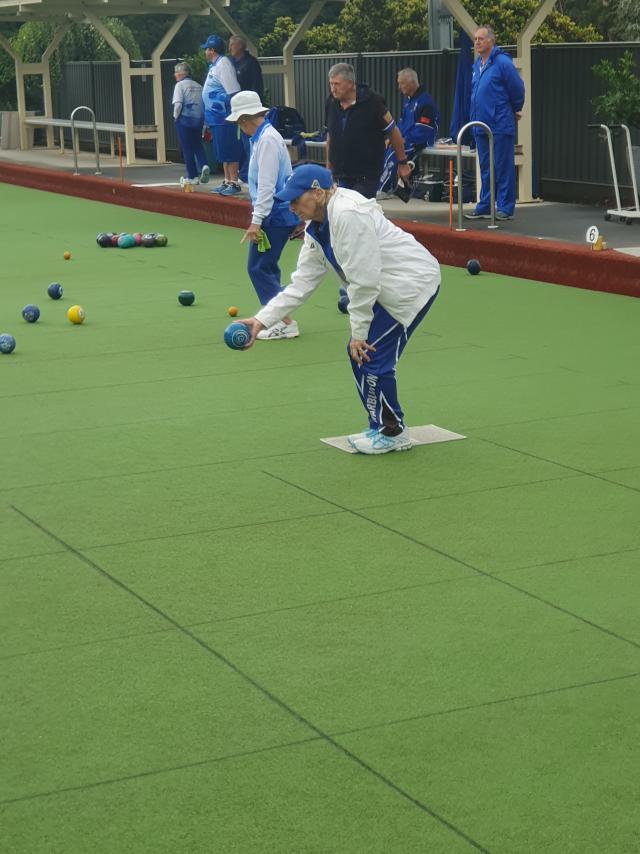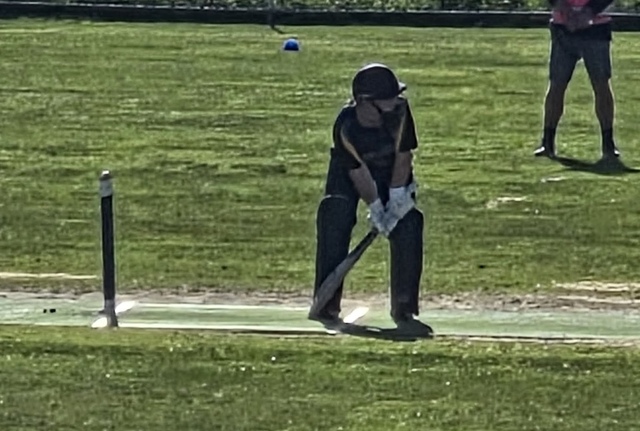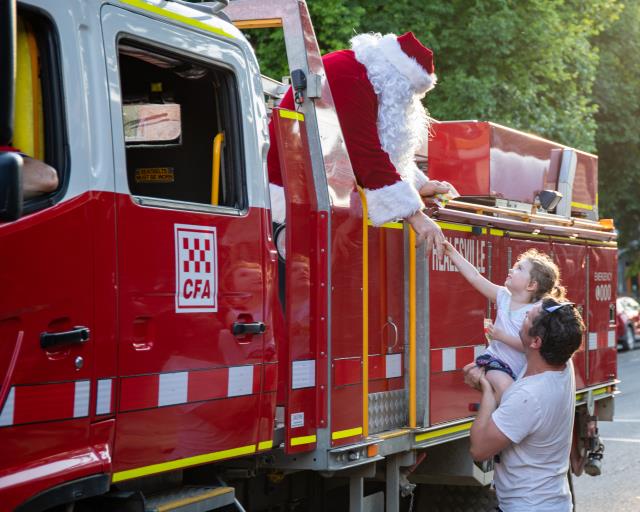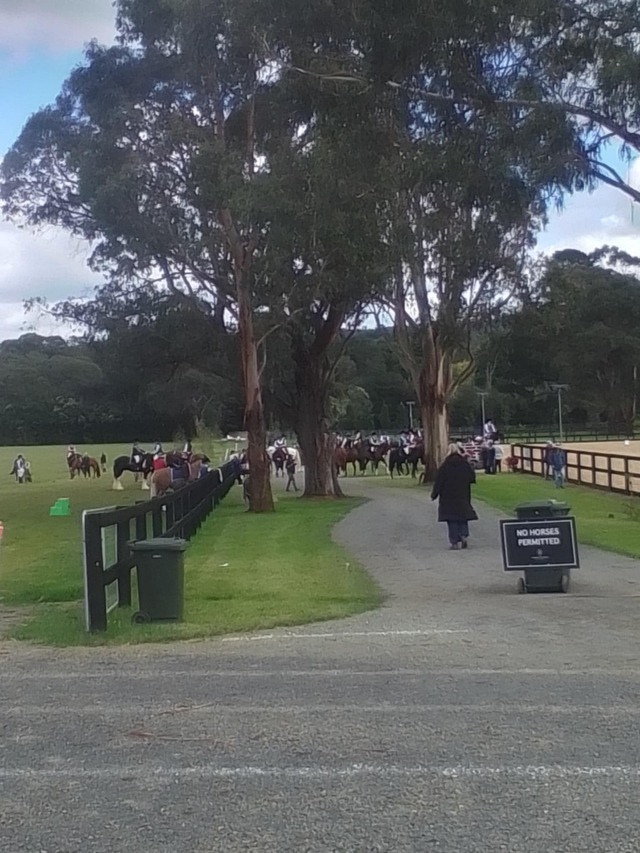Hair ties are becoming a common issue plaguing the humble platypus in the Yarra River.
The Australian Platypus Conservancy has received two reports of deaths from hair ties from the Warburton area – something Biologist Geoff Williams is concerned about.
“It’s just in the last two or three years it really seems to have taken off and we don’t quite know why particularly it just seems strange – we’ve gone from a small number to one that’s increasing,” Mr Williams said.
The most recent case was reported by local resident Johnathon McLay who found the dead animal with a hair tie around its neck in March this year when he was walking his dog near the fire break.
“I just saw something on the ground and then I looked closer, and I think it had been dead at least a few days, if not a week and there was a hair tie around it,” Mr McLay said.
Mr McLay reported his sighting near Warburton Road to the Conservancy.
“I took some photos and thought someone needs to be told about this. So it was important information particularly because Platypus are now officially declared a vulnerable species,” he said.
Another report to the Conservancy was from July 2020 where a juvenile female was found in a bad state with hair ties around her. She couldn’t be saved and was later euthanized at the Healesville Sanctuary wildlife hospital.
Although the cases are years apart, Mr Williams said it’s a trend that’s starting to show at popular river tourism spots, with hair tie cases also being reported in Bright.
“I think what happens is people go swimming in the rivers over summer, they take these elasticated hair ties out and shake their hair then for whatever reason they’re dropped in the water and these things have been accumulating at a dreadful rate,” Mr Williams said.
“The problem is once it gets in on the bottom… platypus swim on the bottom of the creek or river, and move their head from side to side to activate scanning system and if there’s any, loops they tend to go over the platypus head and work their way back along the body.”
Generally the smaller juveniles are being affected, particularly females, and this can have a detrimental effect on the species population.
“The female adults are of concern to us, because they’re the breeding animals…they’re the ones that are a problem.
“This one that was found in July of 2020 was a female – so again it’s a major knock to the population when this sort of thing happens.”
The strength of the Yarra River’s population lies on the upper catchment due to the juveniles being produced in the area.
Mr Williams said once of age, the young platypuses make their way down the river and disperse which is around this time of year.
“That then keeps the population numbers good in the lower catchment where things are a little bit tougher and probably animals don’t live as long, so the Warburton area is a real vital, one for the, the Yarra population.”
Fishing line is another concern that affects platypus if it’s left in the water.
“It’s gets tied around them and we have platypus where the fishing line has worn right through their ribs and consequently, that has died a slow and unpleasant death.
The mammal being hooked by fishers on their bills or webbed feet is another issue and Mr Williams said it’s best to pull the hook out rather than to cut the line.
“Unfortunately, a lot of people even responsible anglers don’t know what to do… and then unfortunately, what happens is eventually the line gets snagged on something in the water of a log or a rock and then this poor thing is stuck there and either dies of exhaustion or drowning.
“So one of the things people need to be really aware of is that if they hook up platypus, they really do need to try to get the hook out. Even if they cause a little bit of damage to the bill, it’s probably much more safer to do that than it is to just cut the line.”
Mr Williams said that anglers can also pause fishing if they spot a platypus to allow it to swim through the area quickly without taking the bait.
Illegal opera house yabby traps are also still being used by some people which were banned in 2019. Anyone who sees one of these illegal traps is urged to contact the fisheries authority on 13FISH.
“There was an incident last week in New South Wales, where four platypus were found dead in an illegally used opera house trap.. They’ve been banned in New South Wales for a year now but they are still out there and still being used,” he said.

